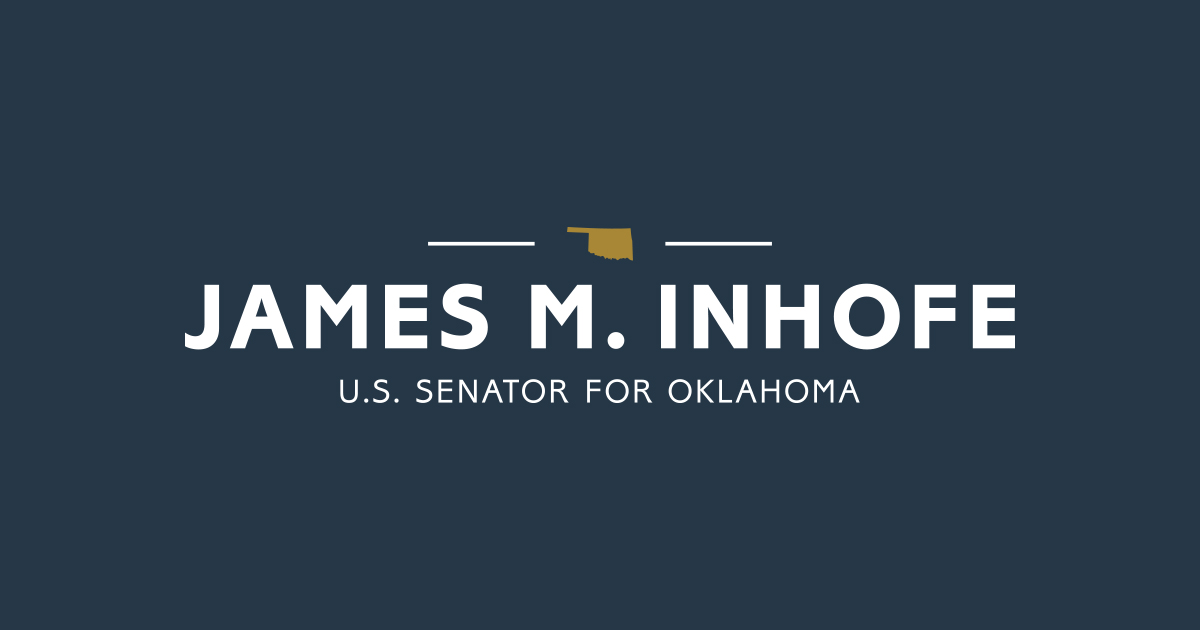Source: United States Senator for Oklahoma James Inhofe
U.S. Sen. Jim Inhofe (R-Okla.) led a letter to the U.S. Fish and Wildlife Service (Service) urging them to extend the public comment period for the proposed rule seeking to list two Distinct Population Segments (DPSs) of the lesser prairie-chicken (LPC) under the Endangered Species Act (ESA) by at least six months. The public comment period for the proposed rule currently ends on August 2, 2021.
Inhofe was joined by U.S. Sens. Roger Marshall (R-Kan.), Jerry Moran (R-Kan.), James Lankford (R-Okla.), Ted Cruz (R-Texas) and John Cornyn (R-Texas). House members who signed on to the letter include Frank Lucas (OK-03), Stephanie Bice (OK-05), Tracey Mann (KS-01), Kevin Hern (OK-01), Markwayne Mullin (OK-02), Tom Cole (OK-04), Yvette Herrell (NM-02), Dan Newhouse (WA-04) and Jodey Arrington (TX-19).
The members wrote: “…We believe an extension would be in the best interest of all parties involved and impacted by this significant proposal to have additional time to consider the scientific data, public comments and potential impacts of listing the LPC under the ESA.”
They continued: “…The Service’s proposed rule currently provides interested parties only sixty days to submit comments or other information concerning the proposal in the Federal Register. We share the concern of others that this timeframe is far too short in providing the necessary time to consider all of the relevant data, scientific analysis and potential impacts this proposal would have on our diverse states and constituencies.”
The full text of the letter can be found here and below.
To Whom It May Concern:
As federal legislators representing a wide-array of constituents impacted by the U.S. Fish and Wildlife Service’s (the Service) proposed rule seeking to list two distinct population segments (DPSs) of the lesser prairie-chicken (LPC) under the Endangered Species Act (ESA), we urge the Service implement an at least six-months extension of the public comment period for the proposed rule that currently ends on August 2, 2021. We believe an extension would be in the best interest of all parties involved and impacted by this significant proposal to have additional time to consider the scientific data, public comments and potential impacts of listing the LPC under the ESA.
The Service’s proposed rule currently provides interested parties only sixty days to submit comments or other information concerning the proposal in the Federal Register. We share the concern of others that this timeframe is far too short in providing the necessary time to consider all of the relevant data, scientific analysis and potential impacts this proposal would have on our diverse states and constituencies.
There are numerous reasons a six-month extension of the public comment period is necessary and prudent. For example, there remain legitimate questions regarding the species status assessment (SSA) report for the LPC published earlier this year – particularly what science and data the Service relied upon in developing and justifying that report. Moreover, there remain questions as to what ultimately led the Service to propose two DPSs for the LPC. It is also unknown as to the specific and comprehensive list of farming and ranching activities that would and would not require FWS permits under the proposed rule. Additionally, the Western Association of Fish and Wildlife Agencies (WAFWA) is preparing its annual population survey of the LPC which would provide critical data that will inform the listing proposal. It would benefit all parties, but particularly the Service, to evaluate the results of WAFWA’s survey prior to the conclusion of the public comment period. While this is not a comprehensive list of all the considerations and questions regarding the proposal, it provides ample justification for an extension of the public comment period for a minimum of six months.
We urge the Service to act swiftly to extend the public comment period for at least six months. Thank you for your prompt consideration of this request.
Sincerely,
